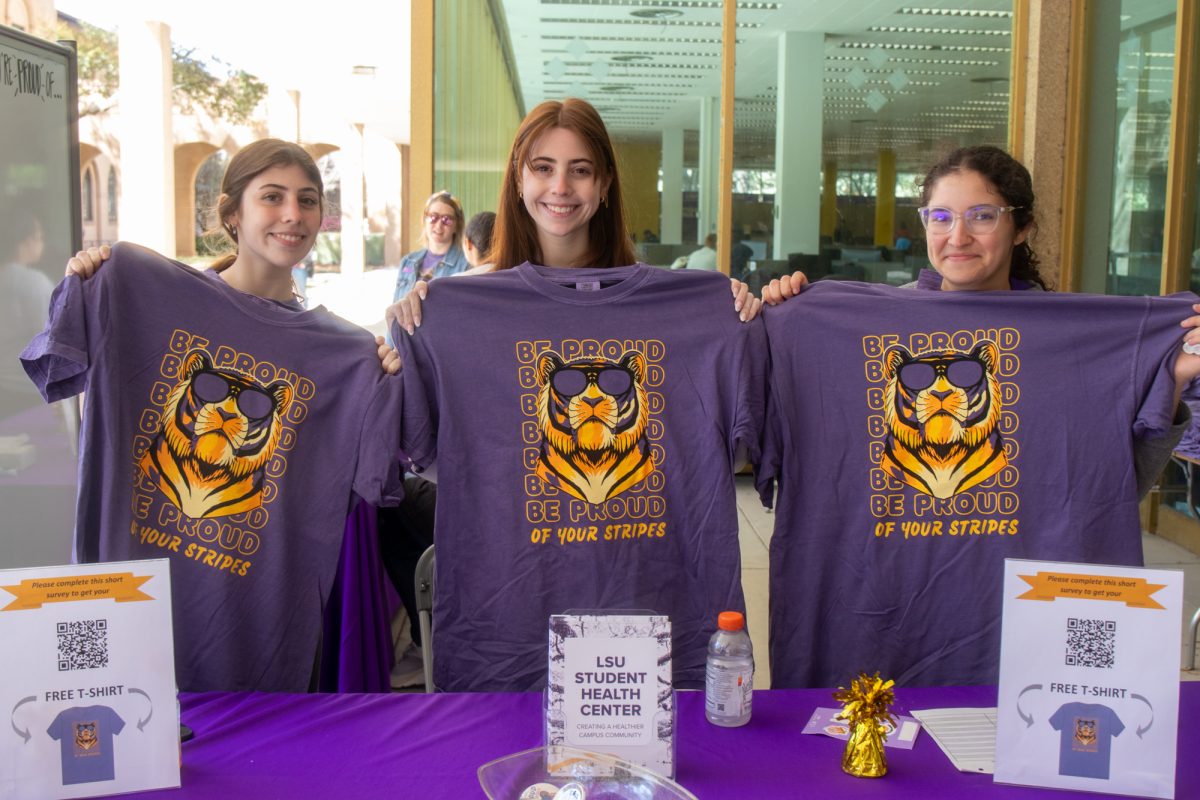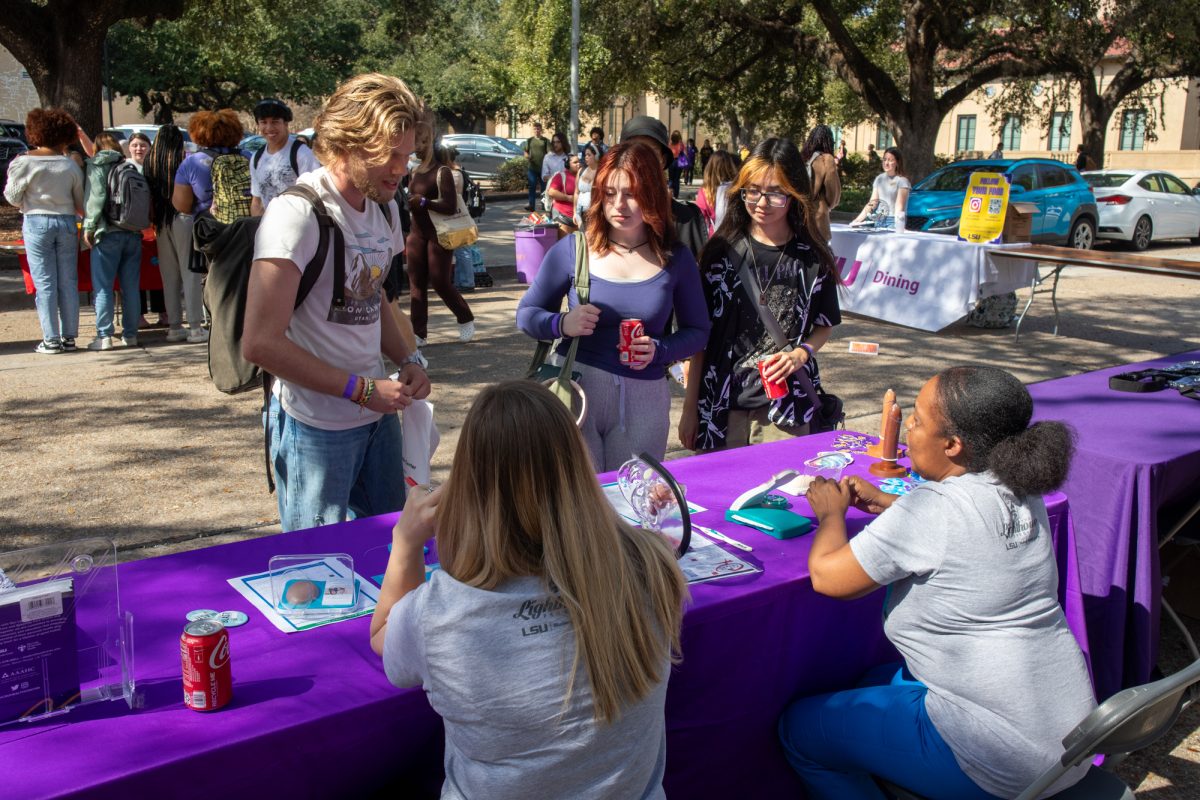When K.C. White, associate vice chancellor and dean of students, discovered a lump in her breast in March 2009, she asked herself: Where do I go from here?
She knew little about combatting breast cancer except what she observed first-hand from her mother and grandmother, who both suffered from the same type of cancer.
Today, the Centers for Disease Control and Prevention is answering White’s question — along with education for breast cancers survivors — more accessible to the Gulf Coast public.
According to a news release from the LSU Health Sciences Center, the CDC is awarding a five-year, $2.2 million grant to the School of Public Health to increase the availability of health information and support services for young breast cancer survivors in the Gulf South.
The grant funds a new three-state coalition — the Gulf States Young Breast Cancer Survivors Network — among Louisiana, Mississippi and Alabama that Donna Williams, associate professor and director of LSUHSC’s Cancer Prevention and Control Program, will lead.
According to the release, the grant will also sponsor a social media campaign to disseminate this information via Facebook, Twitter, YouTube and a website called “SurviveDAT.”
SurviveDAT is an online resource LSUHSC and the Mary Bird Perkins Cancer Center launched in 2011 for young breast cancer patients and caregivers. Patients can access local support groups and health information tailored to their specific needs.
The social media campaign will build on the services SurviveDAT provides and empower young breast cancer survivors to advocate for care and access to services.
Posts on the site will address family history and genetic risks, psychosocial health and support, reproductive health, fertility, family support, health monitoring and evidence-based preventative lifestyle behaviors. These messages will be spread across the LSUHSC website and other state platforms.
White believes the grant and campaign will affect lives like hers.
“There is absolutely a direct correlation between the research that’s being conducted, the education being sought out and the number of those who survive,” White said.
Without research, White said the prescription drug Herceptin — which treats breast cancer by interfering with the HER2 receptor that causes cancer cells to reproduce uncontrollably — may have never been found so quickly.
“I think resources and early innovation and leading healthy lives are what’s helping us to continue to live longer and longer,” White said.
White said the Susan G. Komen non-profit organization played a major role in motivating her to fight the disease and make her way through chemotherapy in 2009 after her lumpectomy. The faces of the survivors inspired her “I want to do this” mentality.
“What I love most is women — who are often known for keeping to themselves — aren’t staying silent about this,” White said. “You can put a name to a face, and sometimes that’s important for us to see whether or not we have breast cancer.”
White agreed, saying education is an obvious key to many of life’s challenges.
“I think everyone will win, having this social media campaign as an extra tool to our teaching,” White said. “They’re just so powerful, so I say yeah, let’s do it.”
Disaster science management junior Bailee Stewart said she supports more breast cancer education, as it hits close to home.
“My mom was diagnosed with Stage 2 breast cancer when I was in high school, and thankfully, we caught the disease earlier so doctors could effectively treat it,” Stewart said. “Now, my mom has been cancer-free for three years, and her survival story is why I believe in the importance of community education about breast cancer. That way, everyone can better fight it.”
White, like Stewart’s mother, is now cancer-free. Every three weeks, she undergoes treatment because of the gene and type of breast cancer she had five years ago.
“When you get done with the disease, it’s a little odd,” White said. “For so long, you’re so closely monitored, and then you’re like, ‘Okay, now what do I do?’ because you’re not checking in every day or week like you used to.”
White said she does the best she can to continue exercising and making healthy choices, keeping her family history in mind.
“That’s all you can do — you’ve got to be strong,” White said. “I don’t have a guarantee of not getting this again, but I am going to do all that I can to try to control it from coming back.”
LSU Health New Orleans gets funding for breast cancer education campaign
November 12, 2014
More to Discover









